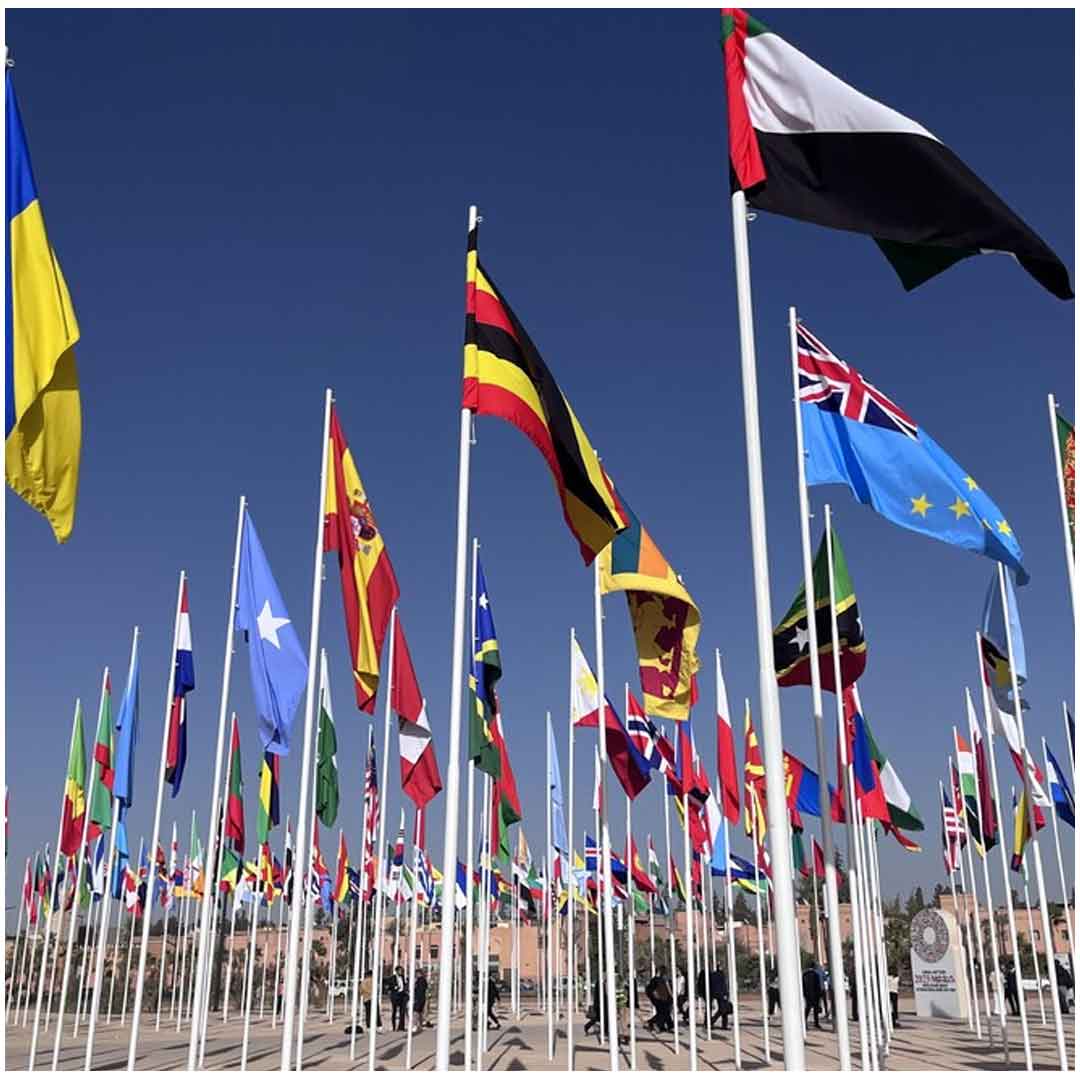Study Shows Economic Advantages for Developed Nations Supporting Mitigation Efforts

Climate change is no longer just an environmental issue—it has become a pressing economic concern. A recent study highlights how developed nations stand to gain economically by investing in mitigation efforts. For those wondering what "mitigation" means in this context, it refers to strategies aimed at reducing the causes and impacts of climate change, such as cutting greenhouse gas emissions and enhancing sustainable practices. Let’s unpack why these efforts are more than just an act of goodwill—they’re sound economic decisions.
Why Mitigation Matters
The study revealed that supporting mitigation efforts offers a two-fold advantage for developed nations: long-term economic benefits and reduced vulnerability to climate disruptions. These countries often have the financial resources and technological expertise to spearhead mitigation initiatives. By doing so, they not only help stabilize global ecosystems but also protect their own economic stability.
For instance, investing in renewable energy or developing technologies to improve energy efficiency doesn’t just reduce carbon footprints. It also creates new industries, fosters innovation, and generates jobs. On the flip side, failing to act comes with its own costs, such as increased spending on disaster relief, infrastructure repairs, and healthcare due to climate-related challenges.
Economic Opportunities in Mitigation
One of the most compelling aspects of the study is its emphasis on how mitigation creates opportunities for economic growth. Developed nations are often hubs for technological innovation, and addressing climate change could become one of the most lucrative industries of the 21st century.

- Clean Energy Sector Growth: Countries that invest in solar, wind, and other renewable energy sources are likely to see an uptick in domestic manufacturing and export opportunities. For instance, Germany and Denmark have long been leaders in wind energy, benefiting not only environmentally but economically.
- Green Technology and Innovation: From electric vehicles to carbon capture technologies, there’s a growing market for solutions that help reduce emissions. Companies and nations that lead in these innovations can dominate global markets and create high-paying jobs.
- Improved Resource Efficiency: Mitigation often involves optimizing how resources like water and energy are used. For developed nations, this translates to significant cost savings over time, reducing dependence on volatile imports like oil and gas.
Avoiding the Cost of Inaction
While the economic opportunities are appealing, the costs of doing nothing are equally stark. Developed nations may think they can afford to delay action, but the study warns that the price of inaction will be far greater than the cost of mitigation.
Climate-related disasters such as hurricanes, floods, and wildfires are on the rise, wreaking havoc on economies. Infrastructure damages, lost productivity, and healthcare burdens from climate-induced illnesses are just a few examples of how inaction can strain national budgets. These costs don’t just affect developing nations; wealthy countries are equally at risk.
For instance:
- The United States faced over $165 billion in damages due to climate-related disasters in 2022 alone.
- European heatwaves have led to significant agricultural losses, increasing food prices and impacting supply chains.
Mitigation, therefore, becomes a form of insurance. Investing in resilient infrastructure, renewable energy, and other sustainable practices now can save billions—or even trillions—down the line.
A Global Responsibility with Local Benefits
Developed nations bear a larger share of responsibility for historical greenhouse gas emissions. While this gives them an ethical obligation to act, the study shows that the benefits extend beyond global altruism. Supporting mitigation can drive domestic economic growth and shield these nations from future risks.

Take the example of urban planning. Cities in developed nations are increasingly focusing on green spaces, energy-efficient buildings, and better public transportation. These initiatives not only reduce emissions but also improve quality of life for citizens, attract tourists, and enhance real estate values.
Similarly, international collaboration on climate issues—such as funding mitigation projects in developing nations—can yield significant returns. By helping vulnerable nations adapt and reduce emissions, developed countries can stabilize global markets and prevent climate-driven migration crises that often create political and economic strains.
Political and Social Implications
Mitigation efforts aren’t just an economic strategy; they’re also a political win. Citizens are increasingly concerned about climate change, and governments that take proactive steps are likely to gain public trust. Additionally, fostering industries like renewable energy can reduce reliance on foreign energy imports, boosting energy security.
Moreover, these efforts help address inequality. Climate change disproportionately affects low-income communities, even within wealthy nations. Policies that promote sustainable practices can ensure equitable growth and protect vulnerable populations.
The Road Ahead
While the study paints an optimistic picture of the economic advantages, it also emphasizes that time is of the essence. The earlier developed nations invest in mitigation, the greater the benefits—and the lower the costs of addressing future climate-related challenges.
Governments and businesses need to act in tandem. Policies that incentivize clean energy, green technologies, and sustainable practices are key. At the same time, private companies have a role to play in innovating and scaling solutions that reduce emissions and improve resilience.
Conclusion:
Supporting climate mitigation isn’t just about saving the planet; it’s about safeguarding economies, creating jobs, and building a sustainable future. Developed nations, with their wealth and resources, have a unique opportunity—and responsibility—to lead the charge. The benefits of acting now far outweigh the risks of waiting. As this study shows, tackling climate change is not just an environmental necessity but an economic imperative that promises a more prosperous future for all.
Click to read the full article





